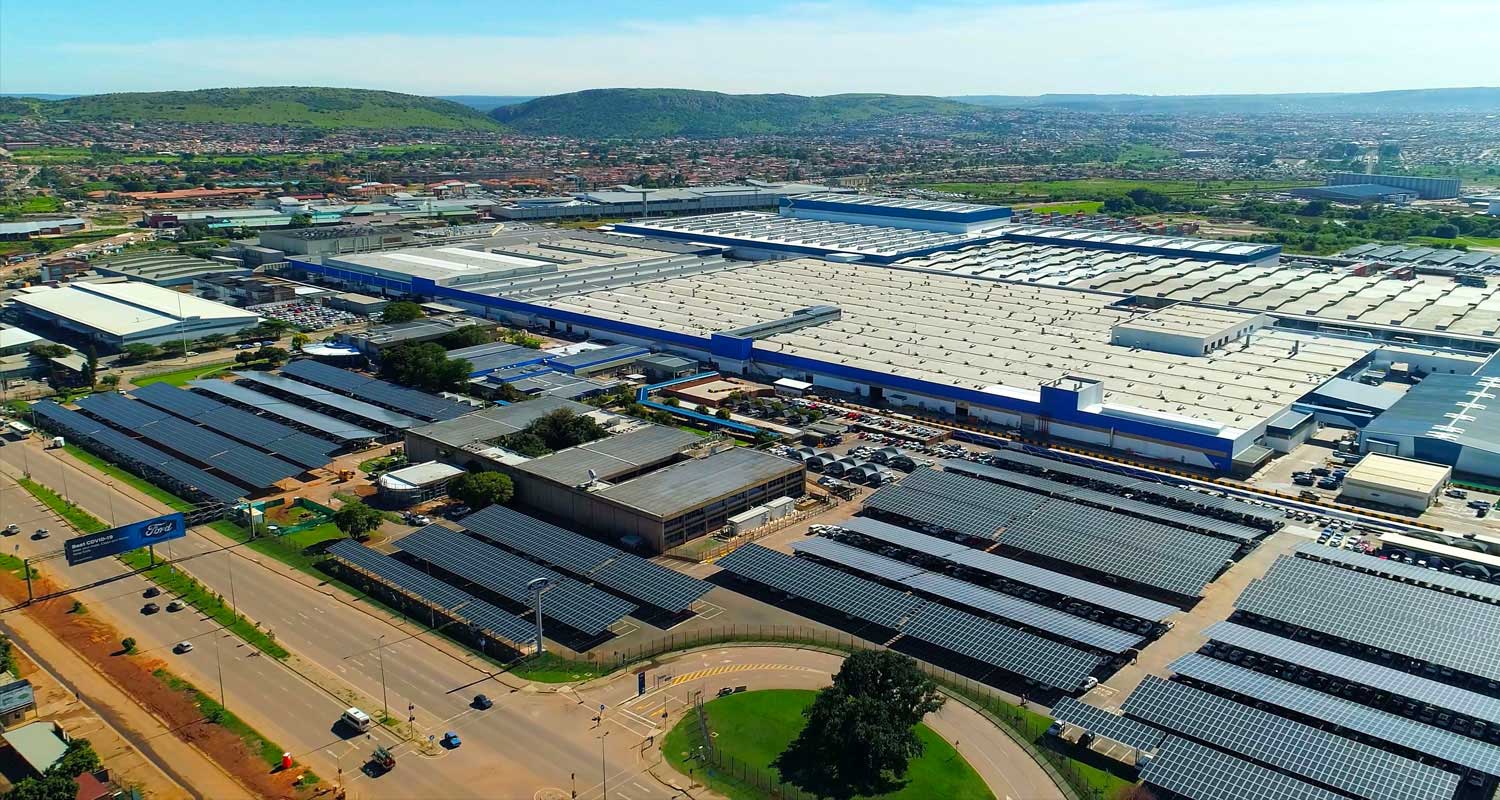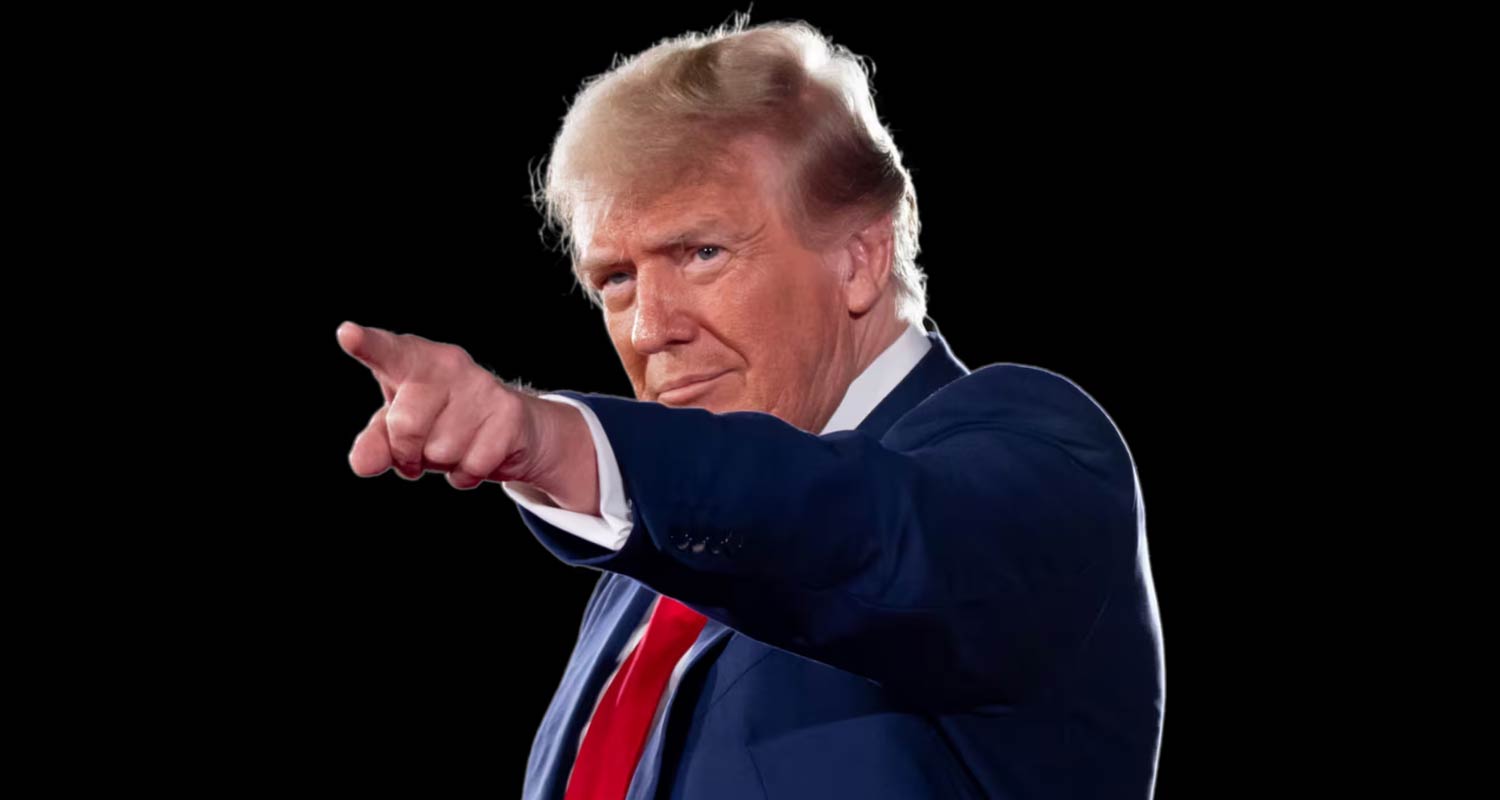South African motoring industry lobby body Naamsa has warned that US President Donald Trump’s plan to impose unilateral 30% tariffs on South Africa from 1 August could decimate the local vehicle manufacturing export industry.
“This escalation in trade tensions poses a serious threat to one of South Africa’s most globally integrated and export-orientated industries,” Naamsa said in a statement on Monday.
“South Africa’s automotive sector is particularly vulnerable to the 25% sectoral tariff imposed under section 232 of the US Trade Expansion Act of 1962, which specifically targets automotive exports,” it said.
The US is South Africa’s second largest market for vehicle exports and has been for years. This is now under serious threat, Naamsa warned.
“Since the inception of the African Growth and Opportunity Act (Agoa), the automotive industry has benefited from substantial two-way trade and investment. In 2024, the auto sector accounted for 64% of all Agoa trade between South Africa and the US, generating R28.6-billion in export revenue, with 24 681 vehicles exported to the US under Agoa.
“However, the announcement and anticipation of the recent tariffs have had a devastating and immediate impact on trade performance – even before the formal effect of the tariffs. Vehicle exports to the US dropped by 73% in the first quarter of 2025, followed by a further decline of 80% and 85% in April and May, respectively.
“This represents a risk of a direct loss of vehicle and component export volumes, and annual export earnings, which would be difficult to recover in the short term.”
‘Major pressure’
According to Naamsa, Trump’s tariffs are putting “major pressure” on vehicle manufacturers in South Africa. These “original equipment manufacturers”, or OEMs in industry parlance, have made “longstanding industrial commitments to South Africa and invested significantly in local manufacturing, skills development and export infrastructure”.
“This is not just a trade issue – it’s a socioeconomic crisis in the making. The US tariffs directly threaten thousands of jobs in our sector, disrupt hard-won industrial capabilities and risk devastating communities like East London, where the auto sector forms the economic heartbeat of the town,” said Naamsa CEO Mikel Mabasa.
Read: Nissan doubles down on South Africa despite plant uncertainty
East London is home to a large manufacturing facility owned by Mercedes-Benz South Africa, which has idled the plant for several weeks, stoking fears about whether the facility will survive. MBSA was quoted by Business Day on Monday (paywall) as saying that no such decision has been made and rumours of the company’s disinvestment are untrue.
“If we cannot retain export markets like the US, we risk turning vibrant industrial hubs into ghost towns. The ripple effects of production losses due to disappearing export markets will be felt throughout the entire automotive value chain – from component manufacturers to logistics providers, and across the thousands of workers and families who depend on the sector for their livelihoods,” he said.

“Export diversification and finding new markets is not something that can be achieved overnight. Our global competitors are already redirecting their exports into markets we traditionally serve. This intensifies the pressure on our OEMs, who must now absorb rising costs, reduce production and reconsider future investments.”
Naamsa warned that the situation is dire: South Africa’s automotive industry is a cornerstone of the economy, it said, contributing 22.6% to total domestic manufacturing output and directly supporting over 110 000 formal sector jobs.
“The tariffs – and the broader uncertainty in US-Africa trade relations – strike at the heart of South Africa’s industrialisation agenda and threaten future investment in high-value manufacturing. They also undermine the significant progress made under Agoa to deepen US-Africa trade.”
President Cyril Ramaphosa last week pushed back against Trump’s imposition of the 30% tariff from next month, saying it is based on an inaccurate view of the two countries’ trade and that negotiations with the US would continue.
Trump ramped up the trade war he started in April by telling 14 countries including South Africa last Monday that they face sharply higher “reciprocal” tariffs from 1 August. South Africa has been trying to negotiate a trade deal with the US since May but is yet to agree on terms.
“South Africa maintains that the 30% reciprocal tariff is not an accurate representation of available trade data,” Ramaphosa said last week in response to Trump’s decision. He said South Africa’s interpretation was that its average tariff on imported goods was 7.6% and that 77% of US goods face no tariffs in the country.
Ramaphosa said it was positive that Trump had said the 30% tariff could be modified depending on the outcome of trade talks, and he urged South African companies to diversify.
What is it they want?
But agriculture minister John Steenhuisen and groups representing farmers and the wine industry said it would take time to lock down new export markets. Steenhuisen said Trump’s team had initially wanted to see “more ambition” in South Africa’s trade proposals.
“We need to try and find out exactly where the mark is with the US. What is it that they actually want? And whether that’s in the realm of the possible for us,” he told a press conference last week.
South Africa first proposed a trade deal in May when Trump hosted Ramaphosa in the White House and presented him with false claims of a genocide against whites in South Africa. It held more talks at a US-Africa summit in Angola last month.

The US is South Africa’s second largest bilateral trading partner after China. As well as car, car parts and other manufactured goods, South Africa exports agricultural produce to the US like fruit, wine and nuts.
Wine exporters are exploring options like price adjustments and redirecting stock to manage the impact of the 30% tariff, an industry group said. – © 2025 NewsCentral Media, with additional reporting by Sfundo Parakozov, Nqobile Dludla and Olivia Kumwenda-Mtambo, © 2025 Reuters
Get breaking news from TechCentral on WhatsApp. Sign up here.



